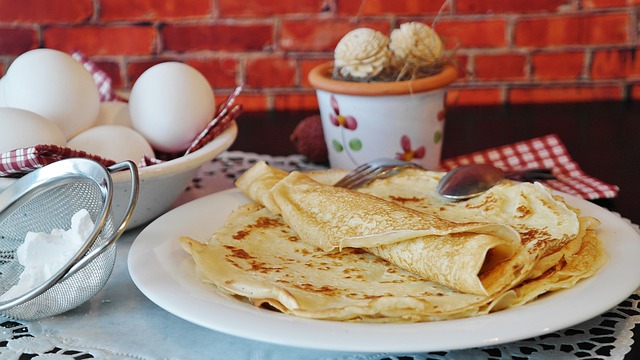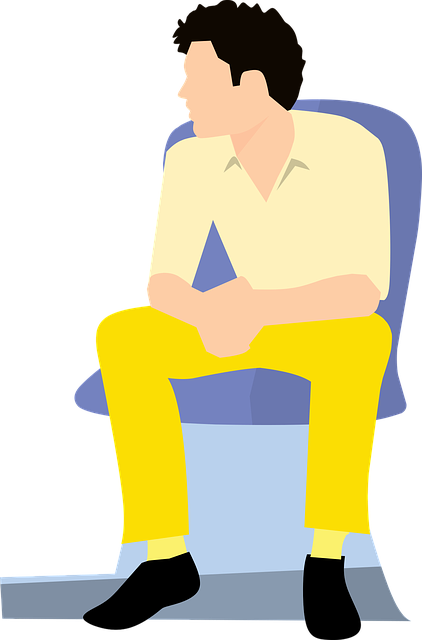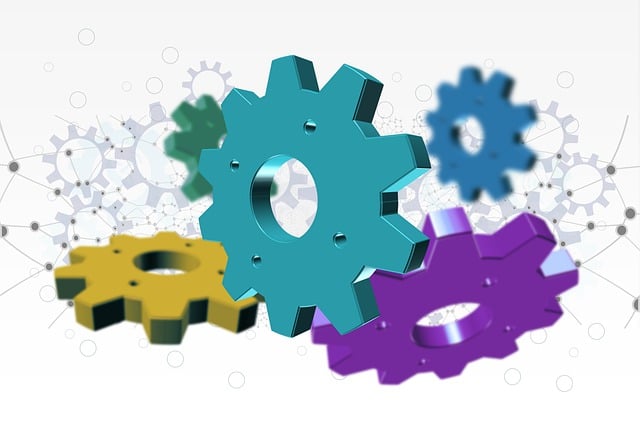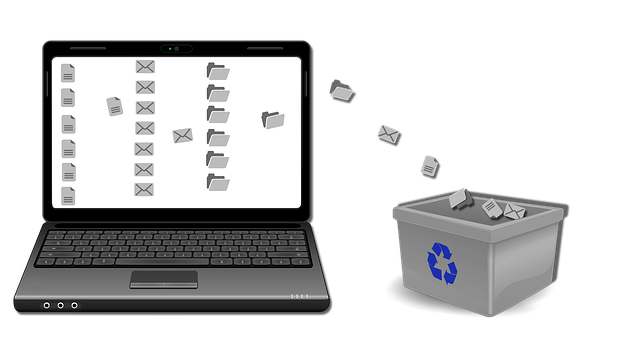A tidy home is a stress-free mind's haven. Cluttered spaces induce tension, while organized environments promote calmer mindsets. Decluttering simplifies spaces, leading to clearer thinking and reduced cognitive load, ultimately lowering stress levels. Strategic planning, like dedicated tidying time, designated zones, and storage solutions, keeps homes organized. The "one-in, one-out" rule and regular assessment of belongings foster a mindful lifestyle. Regular home organization and decluttering improve mental well-being, create calm spaces, enhance self-care, and boost resilience to life's stresses.
Organized homes aren’t just aesthetically pleasing—they significantly reduce stress levels. This article explores the profound connection between home organization and mental well-being, offering insights into how a tidy living space can create a calmer mind. We delve into practical strategies for decluttering and provide actionable tips to transform your home environment. Additionally, discover the long-term benefits of maintaining an organized space, highlighting its impact on overall quality of life. Let’s start simplifying today with effective home organization and decluttering techniques.
- Understanding the Connection Between Home Organization and Stress Reduction
- Practical Strategies for Decluttering and Organizing Your Living Space
- The Long-Term Benefits of Maintaining an Organized Home Environment
Understanding the Connection Between Home Organization and Stress Reduction
A tidy home is more than just aesthetically pleasing; it’s a powerful tool for managing stress and promoting mental well-being. The connection between home organization and reduced stress levels is deeply rooted in our psychological response to our surroundings. Cluttered spaces often create a sense of overwhelm, making it challenging to find what we need and fostering a constant state of tension. Conversely, organized environments encourage a calmer mindset, as they allow for better visibility and control over belongings.
Decluttering, a key component of home organization, plays a significant role in this process. By removing unnecessary items and simplifying spaces, individuals can create a sense of order that extends beyond the physical realm. This ordered environment translates into clearer thinking, improved decision-making, and reduced cognitive load—all of which contribute to lower stress levels. In essence, a well-organized home becomes a sanctuary, promoting relaxation and enhancing overall mental health.
Practical Strategies for Decluttering and Organizing Your Living Space
Staying on top of home organization and decluttering can seem daunting, but with a few practical strategies, it becomes an achievable goal. Start by setting aside dedicated time each week for tidying up—even 15 minutes makes a difference. Create zones within your living space, such as areas for work, play, and relaxation, and ensure each item has a designated place. Using storage solutions like baskets, bins, and shelves helps keep things organized and reduces visual clutter. Implement the “one-in, one-out” rule for purchases; for every new item brought in, remove an old one to maintain balance. Regularly go through your belongings and ask yourself: Do I love this? Does it serve a purpose? If the answer is no, let it go—this mindfulness practices not only declutters but also fosters a more mindful lifestyle.
The Long-Term Benefits of Maintaining an Organized Home Environment
Maintaining an organized home environment offers more than just aesthetic benefits; it’s a powerful tool for long-term stress reduction and mental well-being. When spaces are decluttered and designed with intention, individuals experience lower anxiety levels and improved focus. This sense of control extends beyond the physical realm, translating into better coping mechanisms for daily stressors. Regular home organization and decluttering practices create an environment that promotes calmness and clarity, positively impacting overall mental health.
Over time, a well-organized home becomes a sanctuary, fostering a deeper connection with personal spaces. It reduces decision fatigue by streamlining routines, making daily tasks more manageable. This efficiency saves precious time, allowing individuals to focus on self-care, hobbies, or quality time with loved ones. The peaceful atmosphere cultivated through organization contributes to better sleep quality, further enhancing one’s ability to navigate life’s challenges with resilience and composure.
Organized homes and effective decluttering practices are powerful tools in managing stress levels. By implementing practical strategies, we can transform our living spaces into serene environments that promote mental well-being. The long-term benefits of maintaining an organized home extend beyond aesthetics; they foster a sense of control, reduce clutter-related anxiety, and contribute to overall life satisfaction. Embracing the principles of home organization and decluttering is a step towards creating a peaceful sanctuary, where we can unwind and thrive.














